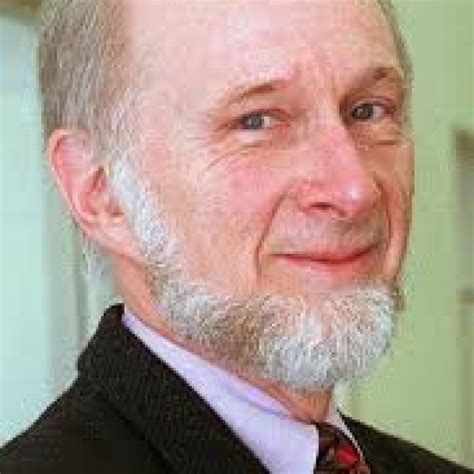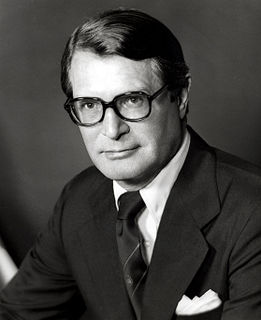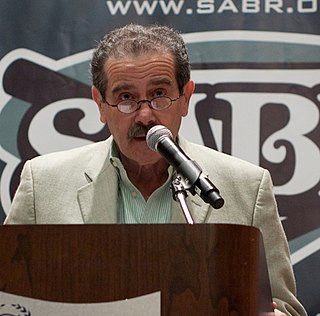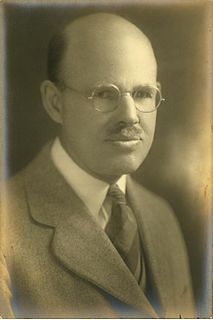A Quote by George Vecsey
The Boys of Summer were heroes in Brooklyn for a full postwar decade partly because the players could not entertain higher offers.
Related Quotes
Serene was a word you could put to Brooklyn New York. Especially in the summer of 1912. Somber as a word was better. But it did not apply to Williamsburg Brooklyn. Prairie was lovely and Shenandoah had a beautiful sound but you couldn't fit those words into Brooklyn. Serene was the only word for it especially on a Saturday afternoon in summer.
Suddenly it wasn't only a personal thing to me. I could picture hundreds and hundreds of boys living on the wrong sides of cities, boys with black eyes who jumped at their own shadows. Hundreds of boys who maybe watched sunsets and looked at stars and ached for something better. I could see boys going down under street lights because they were mean and tough and hated the world, and it was too late to tell them that there was still good in it, and they wouldn't believe you if you did.
This was middle school, the age of miracles, the time when kids shot up three inches over the summer, when breasts bloomed from nothing, when voices dipped and dove. Our first flaws were emerging, but they were being corrected. Blurry vision could be fixed invisibly with the magic of the contact lens. Crooked teeth were pulled straight with braces. Spotty skin could be chemically cleared. Some girls were turning beautiful. A few boys were growing tall.
We were postwar middle-class white kids living in the slipstream of the greatest per-capita rise in income in the history of Western civilization; we were 'teen-agers' - a term, coined in 1941, that was in common usage a decade later - a new, recognizable franchise. We had money, mobility, and problems all our own.
The Center for Disease Control started out as the malaria war control board based in Atlanta. Partly because the head of Coke had some people out to his plantation, and they got infected with malaria, and partly 'cause all the military recruits were coming down and having a higher fatality rate from malaria while training than in the field.
The Center for Disease Control started out as the malaria war control board based in Atlanta. Partly because the head of Coke had some people out to his plantation and they got infected with malaria, and partly cause all the military recruits were coming down and having a higher fatality rate from malaria while training than in the field.

































